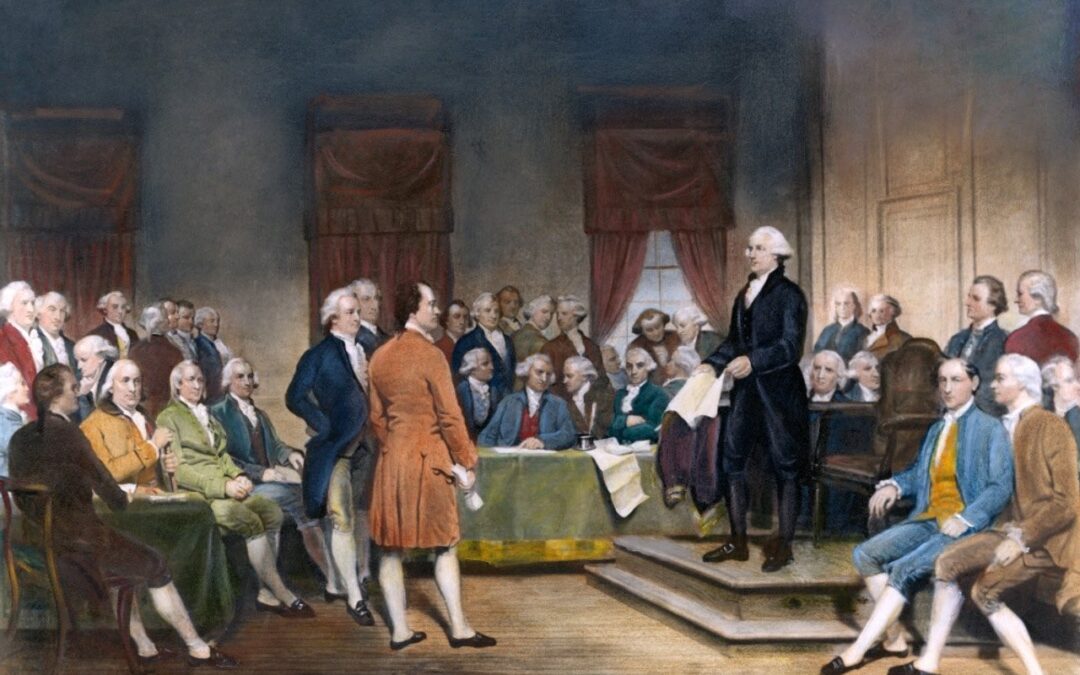The Fourteenth Amendment reads, in relevant part:Notes:“All persons born or naturalized in the United States, and subject to the jurisdiction thereof, are citizens of the United States and of the State wherein they reside.”
Trump’s odd claim is that a child born in the United States without at least one parent who is a lawful permanent resident or citizen is not “subject to the jurisdiction” of the United States.But this is simply false.Set aside that Trump’s EO would affect children whose parents are lawfully but not permanently here. Let’s look at the “harder” case: the children of illegal immigrants.It should be obvious that even individuals who are unlawfully present in the United States are “subject to the jurisdiction thereof.” “Jurisdiction” is just the applicability of legal authority to them and the potential exercise of state power against them.People who are unlawfully present in the country can, of course, be charged with crimes, arrested, etc., just like almost anyone else in the United States.There is not a person who doubts this, least of all someone in the Trump administration.I include the word “almost” before “anyone else” two paragraphs above because the phrase “subject to the jurisdiction thereof” does exclude certain children: mainly the children of foreign diplomats, who, in fact, are generally not subject to U.S. laws. They have immunity that may or may not be waived by their home country. [1]Now, you may not like the fact that the Constitution broadly grants birthright citizenship to the children of parents who are simply, perhaps even temporarily, present in the United States, but that is the law absent a constitutional amendment.We are a nation founded on the Rule of Law. The president cannot amend the Constitution (or laws) via executive order. Any unilateral effort by a president to change the Constitution is void. Only an Article V amendment can change it.
[1] Senator Howard was making my point. He says: “This will not, of course, include persons born in the United States who are foreigners, aliens, who belong to the families of ambassadors or foreign ministers accredited to the government of the United States, but will include every other class of person.” He is describing one class of persons. This is evident from the phrasing. “Aliens” is being used as a further descriptor for “foreigners,” and he’s specifically referring to aliens who are foreign diplomats. That’s why the word “who” immediately follows the modifier “aliens.”

